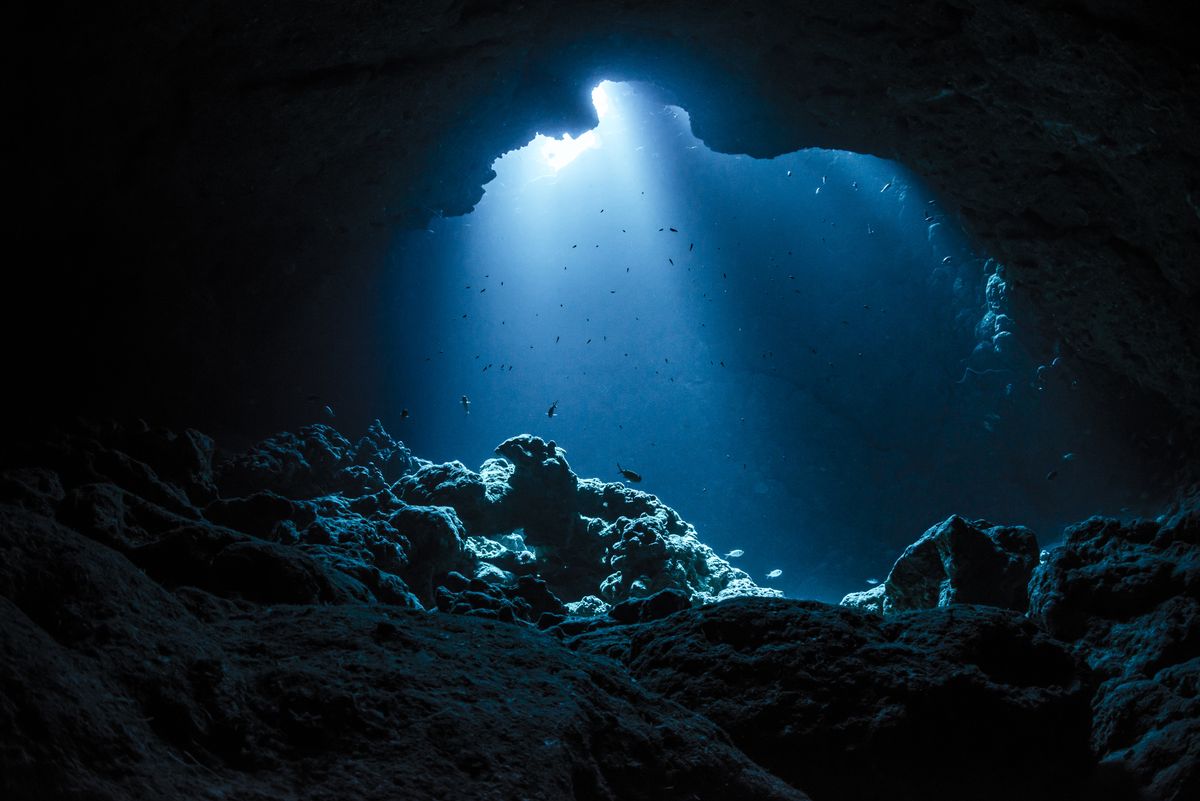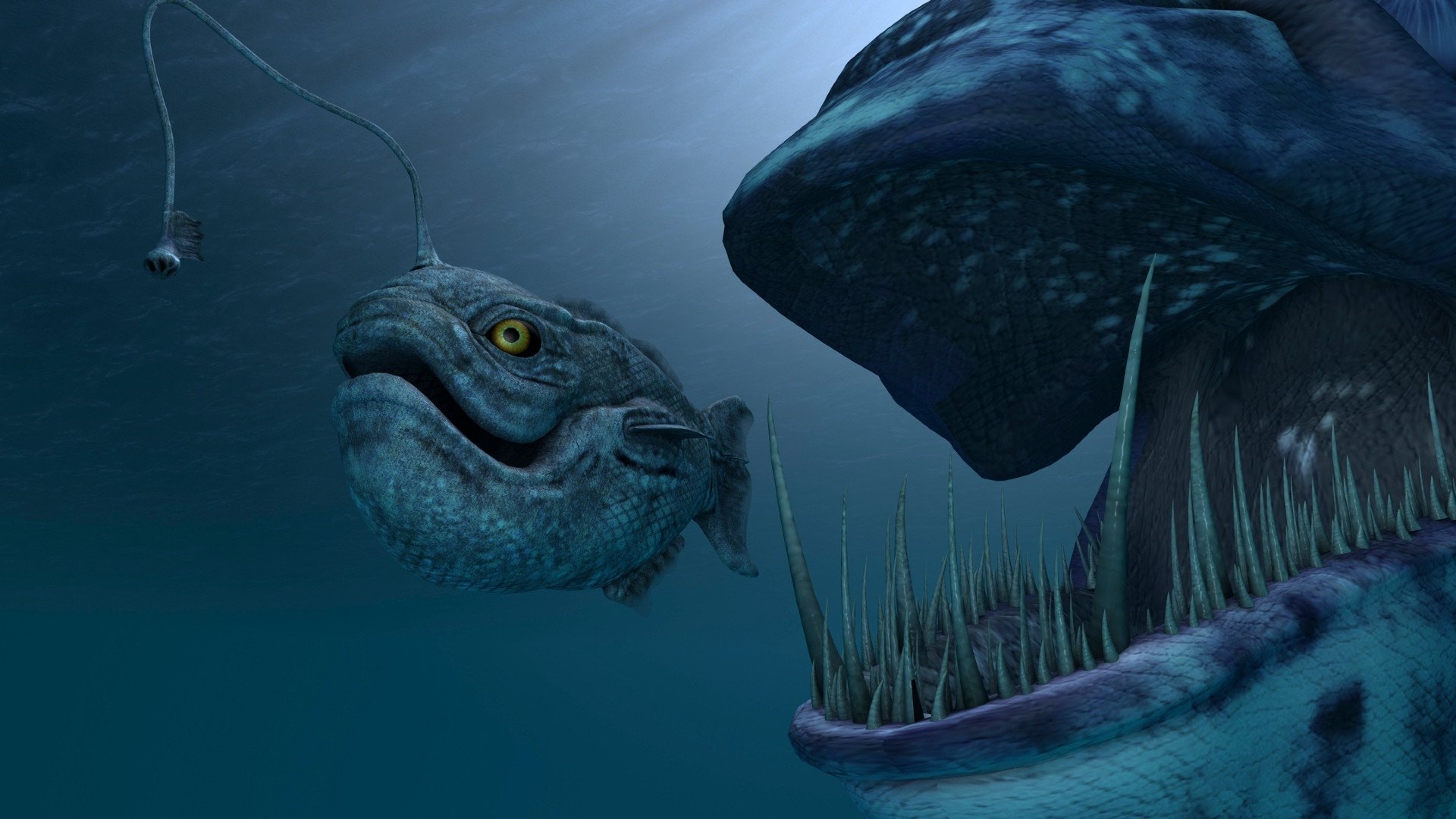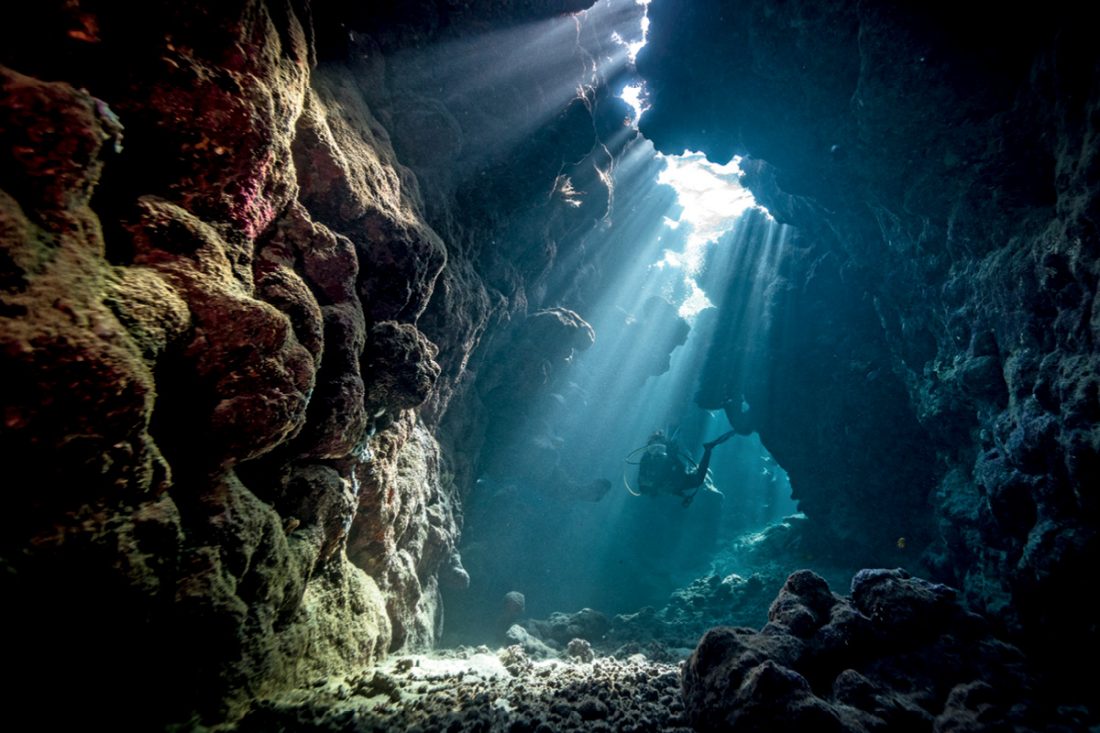Deep Purple Fake Farewell Tour - The Truth Revealed
It's a common happening in the music scene: a beloved group announces their final run of shows, a grand send-off to a long and storied career. These farewell trips are meant to be a way to say thanks, a chance for people to see their favorite performers one last time before they step away from the stage. But what if that final wave goodbye isn't actually the end of the road? What if the curtains don't really come down?
That very question has been swirling around one of rock's true giants, Deep Purple, and their much-talked-about "Long Goodbye" tour. This whole situation, you see, has really flipped the usual idea of a final concert series on its head. It has, quite naturally, gotten a lot of people talking, not just about the band, but about what fans expect and the whole idea of trust in the world of music, too it's almost a little surprising how much chatter it caused.
Turns out, Deep Purple has performances scheduled well into 2026, which, for anyone who loves their sound, is definitely a good piece of news. However, that good feeling might be a bit different if you were someone who paid a little extra cash, perhaps for a special seat or a souvenir, thinking you were witnessing the very last moments of their touring life. Because, well, it seems things were not quite what they appeared to be, and that's a story worth looking into, you know?
- Cortes De Pelo Para Ni%C3%B1os
- Vintage Stock
- Fish Drawing
- What Does Taco Trump Mean
- Alaska House Votes To Urge Trump To Keep Denali Name
Table of Contents
- Who is Ian Gillan, anyway?
- What is the Deep Purple Fake Farewell Tour?
- Why did Deep Purple say goodbye... but not really?
- How did fans react to the Deep Purple fake farewell tour news?
- What about the cultural ripple of this Deep Purple fake farewell tour?
- Did others in Deep Purple know about the fake farewell tour?
- What's the story with farewell tours in music?
- Where does Deep Purple go from here?
Who is Ian Gillan, anyway?
Before we get too far into the hubbub surrounding the "Long Goodbye," it helps to know a little bit about the person at the heart of some of these recent revelations. Ian Gillan is, of course, the voice of Deep Purple, a band that has been making loud, powerful music for many, many years. He's the one who sings those memorable tunes that so many people recognize. His voice, for a lot of folks, is practically the sound of classic rock itself, and he has been with the group for much of its most well-known period, so.
He's been a very important part of the band's history, joining them way back in the late 1960s. His singing style, often described as having a huge range and a lot of power, really helped shape the group's distinct sound. He's been the frontman for their most famous recordings, the ones that helped put them on the map and made them household names for rock music lovers. It's a rather long and interesting career he has had, really.
Just to give you a quick look at some general details about him:
- Travis Tritt Songs
- Virginia Giuffre
- Yankees Vs San Francisco Giants Match Player Stats
- Happy Sunday Images
- Umatilla County Jail Roster
| Name | Ian Gillan |
| Role | Lead Singer for Deep Purple |
| Known For | Powerful vocal range, iconic rock anthems |
| Associated Band | Deep Purple (and others) |
What is the Deep Purple Fake Farewell Tour?
The whole idea of the "Deep Purple fake farewell tour" refers to a series of concerts that the band put on around the globe. This tour, which kicked off in 2017, was initially presented to the public as their absolute last time hitting the road. They even gave it a name that sounded pretty final: "The Long Goodbye Tour." This name, you see, certainly gave everyone the impression that this was it, the very last chance to catch them playing live, or so it seemed, anyway.
The tour itself brought out a mix of feelings. There was a lot of excitement, naturally, because people wanted to see the band play their classic songs one more time. But there was also a good deal of doubt and a bit of a raised eyebrow from some corners. That's because, even as they were supposedly saying their goodbyes, there were hints, little bits of talk, about possible future projects. This made some people scratch their heads, wondering if it really was a farewell, or something else entirely, you know?
This situation has, in a way, stirred up quite a bit of interest among people who love music and, of course, the band's many followers around the world. Deep Purple's particular sound, which has a way of grabbing listeners and holding onto them, has been doing its thing for many decades. So, the idea that they might be playing a trick with their "last" tour has become a rather hot topic of discussion, almost everywhere, actually.
Why did Deep Purple say goodbye... but not really?
Well, this is where the story gets pretty interesting, and maybe a little bit tricky. It turns out that the main singer of this famous rock group recently made a public statement, admitting that the tour, which everyone thought was their last, wasn't really meant to be a final goodbye at all. Ian Gillan, the very person whose voice is so familiar to fans, explained in an interview that the whole "farewell" idea was, shall we say, a bit of a strategy.
Specifically, during a chat in August 2024, Ian Gillan let it be known that Deep Purple decided to call their 2017 tour "The Long Goodbye" mainly to help sell more tickets. That's right, the intention behind the name was to encourage more people to come out, thinking it was their last opportunity to see the band perform live. It's a bit of a surprising thing to hear, especially for folks who might have gone out of their way, or spent a little extra, to be there for what they believed was a historic final moment, you know?
This admission, coming from the legendary rock and roll performer himself, was shared during an interview with Eddie Trunk on SiriusXM. It really pulled back the curtain on the reasons behind the tour's name. So, it wasn't about truly stepping away from the stage, but rather, it seems, about making sure the concert halls were full and the buzz was high. It certainly got people talking, that's for sure, and has, in a way, reshaped how some people view the whole concept of a "farewell" show.
How did fans react to the Deep Purple fake farewell tour news?
When the news started to spread that the "farewell" might not be what it seemed, a lot of people who love Deep Purple had some very strong feelings about it. For many, the initial announcement of "The Long Goodbye" tour had brought on a wave of excitement. It was seen as a big moment, a chance to be part of the band's remarkable story one last time, to hear those unforgettable songs played live. People had planned trips, bought special seats, and generally made a big deal of it, you know?
So, when the frontman admitted that the tour's name was a way to sell more tickets, it naturally caused a bit of an uproar. Some fans felt, quite understandably, that they had been led astray. If you spent extra money, thinking it was your absolute final chance to see them, only to find out they're still playing shows years later, that could feel a little bit disappointing, or even a bit unfair. It sparked a real discussion about what fans are owed in terms of honesty from the bands they support, and that's a pretty big deal.
On the other hand, some people might have just been happy that the band wasn't actually quitting. For those who simply love the music and want to hear it live, the fact that Deep Purple is still out there performing through 2026 is, in a way, a very good thing. It just means the music continues, which for many, is the most important part. So, the reactions were, as you might guess, a bit mixed, depending on what someone had expected or hoped for, and how much they had invested in the idea of a true goodbye.
What about the cultural ripple of this Deep Purple fake farewell tour?
This whole situation with the "Deep Purple fake farewell tour" has really brought to light some important ideas about the cultural value of live music. It has, in a sense, reminded everyone how much concerts matter as shared experiences. When people gather for a show, strangers can become friends, just by sharing their passion for the music. It's a rather powerful thing, really, this shared connection over sound and performance.
Deep Purple's continued efforts to keep this tradition alive, even with a tour name that caused some confusion, seemed to resonate quite deeply with many folks. Especially in a time when so much of our interaction happens through screens and digital connections, the idea of being in a room with hundreds or thousands of others, all feeling the same beat, all singing along to the same words, is something quite special. It highlights that concerts are more than just entertainment; they are community gatherings, and that's pretty significant, you know?
The discussion around this tour also touched on the broader topic of what a "farewell" truly means in the music world. Does it mean forever? Or is it more of a "see you later, maybe"? This particular situation has, in a way, made people think more deeply about the promises made by performers and what those promises mean to the people who buy tickets. It's a conversation that goes beyond just one band, actually, and touches on the very nature of live performance and the connection between artists and their followers.
Did others in Deep Purple know about the fake farewell tour?
When you hear about a band's frontman making a surprising admission like this, it naturally makes you wonder about the other people in the group. Did everyone know the "Long Goodbye" wasn't really a final goodbye? The information we have suggests that at least one other key member had a different idea about the tour's purpose, at least at first. This adds another layer to the story, making it a bit more complex, you know?
Back in 2017, when the group started their "Long Goodbye" tour, the guitarist, Steve Morse, actually said that the band named the tour that because, for him, it was going to be a farewell tour. He made it clear that he personally planned for it to be the last time he would tour with Deep Purple. While he did continue to be part of the band until 2022, his initial statement suggests that his personal expectation was that this would be his final run of shows with the group, which is interesting, to say the least.
This difference in perspective, where one member saw it as their personal departure while the frontman later admitted it was a ticket-selling tactic, points to a potential disconnect within the group regarding the tour's true meaning. It's hard to say exactly what everyone knew or thought at the time, but the various statements certainly paint a picture of differing ideas about what "The Long Goodbye" really represented. It's a situation that, in some respects, shows how even within a band, there can be different interpretations of major decisions, you know?
What's the story with farewell tours in music?
The concept of a "farewell tour" is something that has been around in the music business for a very long time, and fans of many well-known groups are quite familiar with it. Throughout the history of rock and roll, several famous bands have announced these kinds of tours, signaling what everyone thought would be their last time performing together. These tours are often seen as a big event, a chance to celebrate a band's career and for fans to say their own goodbyes, too it's almost a ritual, in a way.
Historically, these tours serve a few purposes. For the band, it's a way to wrap things up on their own terms, to thank their supporters, and to make sure they get one last big hurrah. For the fans, it's a chance to relive memories, hear their favorite songs, and be part of a moment that feels significant. They can be very emotional experiences, full of nostalgia and a sense of closure. Many groups have used them, some truly stopping afterwards, and others, well, not so much, which is part of the interesting thing about them.
However, the Deep Purple situation isn't the first time a "farewell" has been questioned. Over the years, there have been other instances where bands have announced a final tour, only to come back later for more shows, or even new recordings. This has led to a bit of a running joke in the music world about how many "farewells" a band can have. It makes you wonder, you know, if these tours are truly goodbyes, or just a very long break, or perhaps a clever way to generate interest. It's a fascinating part of the music industry's ongoing story, really.
Where does Deep Purple go from here?
Given all the talk about the "fake farewell tour" and the admissions from the band's singer, many people are probably wondering what's next for Deep Purple. The fact that they have concert dates booked out through 2026 certainly suggests that they are not, in fact, calling it quits anytime soon. This means that fans who might have missed "The Long Goodbye" or who felt a bit disappointed by the news, still have opportunities to see this legendary group perform live, which is a good thing for a lot of people.
Deep Purple has been a truly huge presence in the rock music world for over five decades. They have stood as a titan, pioneering the hard rock and heavy metal sounds with songs that are known all over the place, like "Smoke on the Water" and "Highway Star." Their impact on music, on other performers, and on different kinds of music over the years has been very, very deep. So, the idea of them just disappearing from the scene was always going to be a big deal, anyway.
Despite the conversations and the bit of a stir caused by the "fake farewell" situation, the band continues to captivate audiences with their unique sound and exciting performances. It seems that for now, Deep Purple will keep making music and playing shows, continuing their long and powerful legacy. The recent revelations have certainly added a new chapter to their story, one that highlights the ongoing connection between artists and their listeners, and the sometimes blurry lines in the world of entertainment, you know?

How Deep Is the Ocean? And Have We Traveled to the Bottom Yet?

Deep sea creatures: the amazing under-explored part of the world

Tourism deep dive